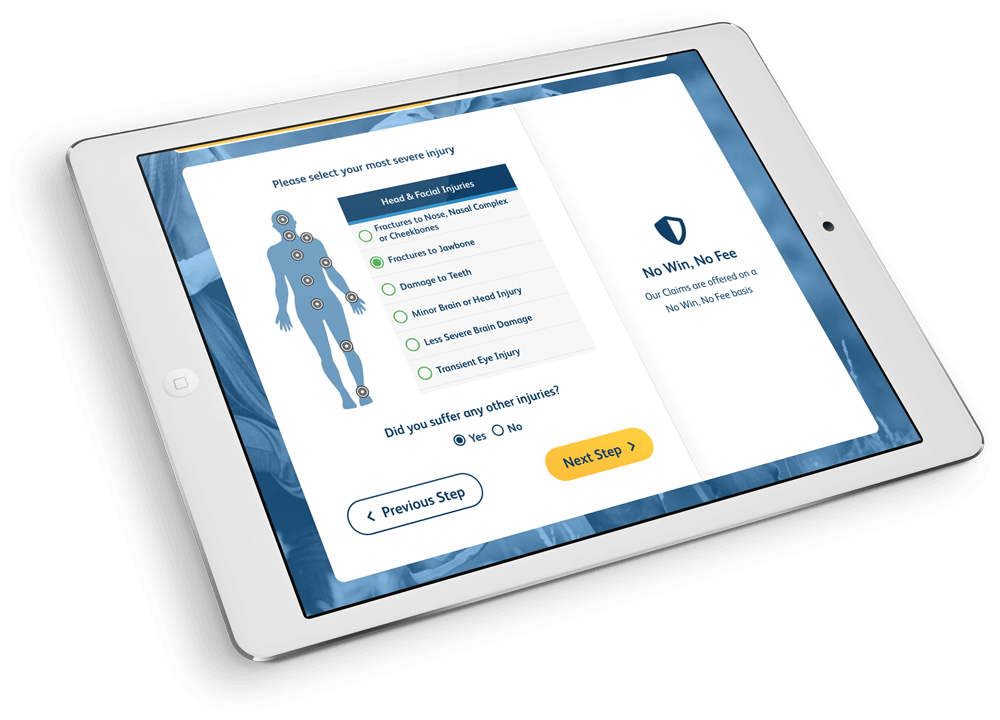Report finds “lack of kindness” by maternity staff at Shrewsbury and Telford Hospital Trust
An interim report into the failings in maternity services at Shrewsbury and Telford Hospital Trust has revealed that the hospital’s failure to listen to families and a culture of blame “stood out” amongst the issues faced by expectant and new families.
The enquiry examined over 1,800 cases of harm, including potentially avoidable deaths and serious injuries to babies and their mothers, and has been running alongside a police investigation since June to see if there is evidence to support a criminal case against the trust.
In June 2020, Hampson Hughes’ medical negligence expert, Carlos Lopez, examined these failings in our blog, but what have been the immediate and essential actions mapped out by the report, for Shrewsbury and Telford Hospital Trust, and for maternity units across the country?
ENHANCED SAFETY
The report concluded that safety in maternity units must be enhanced by partnerships between trusts, ensuring that any investigations have regional and local oversight. Furthermore, the report found evidence that, when concerns were escalated, they were not then acted upon appropriately or escalated further to the appropriate level. As a result, women and family advocates are also to join the board of every NHS trust, ensuring accountability at every level.
It also outlined that more focused training is needed for cohorts of staff who work together. Midwives and obstetricians who deliver the bulk of maternity care must have a close working relationship and effective communication in order to prevent further harm. This includes risk assessment of appropriate places of birth, the proper care of women with complex needs, safe management of labour and bereavement care.
Requests for caesarean sections were routinely found to have been ignored by staff, resulting in traumatic births. These included instances of babies being born with fractured bones from forceps with no incident report filed and, in some cases, fatal wounds to the child’s skull.
KINDNESS AND COMPASSION
The report, which was published last week, said: “One of the most disappointing and deeply worrying themes that has emerged is the reported lack of kindness and compassion from some members of the maternity team.”
Evidence was found in women’s medical records about letters sent to families by the trust that included inappropriate language, blaming women for their loss and further compounding their distress and grief. The findings highlighted women’s experiences of being made to feel “pathetic” after being told her pain was “nothing”, and some women being left for hours screaming in pain before midwives stepped in to help.
Although there were examples of midwives and doctors who made huge differences to women’s experiences due to the high standard of care and compassion they provided, the enquiry concluded that this was something that should be expected, but wasn’t delivered, for every mother, child and family in their care.
Carlos Lopez, Director of Clinical Negligence at Hampson Hughes, said: “This report is very welcome and although the review of the 250 cases is saddening, the recommendations made are long overdue and needed.
“I have acted for a number of families who have lost a child or, who have been left with a severely disabled child, following avoidable and negligent care. I have been dealing with these kind of cases since qualification in 1995 and during that time, I have seen the number of enquiries and cases, relating to birth injuries rise.
“In many cases, I have seen evidence of poor foetal heart rate monitoring, a failure to identified the need to call for a consultant and low staffing levels, all contributing to injury or even death.”
Some injuries are unavoidable, but many can be prevented if we listen and learn from previous mistakes. It is vital that not only Shropshire and East Kent Hospitals, but all maternity units, take note of the tragic events that have happened and develop a culture of openness and honesty to deal with them directly.
There needs to be thorough investigations when incidents like this occur and lessons need to be shared to ensure they are not repeated. It is not about pointing fingers or attributing blame – it is about learning and adopting real change to ensure these heart-breaking events don’t happen in the future.





